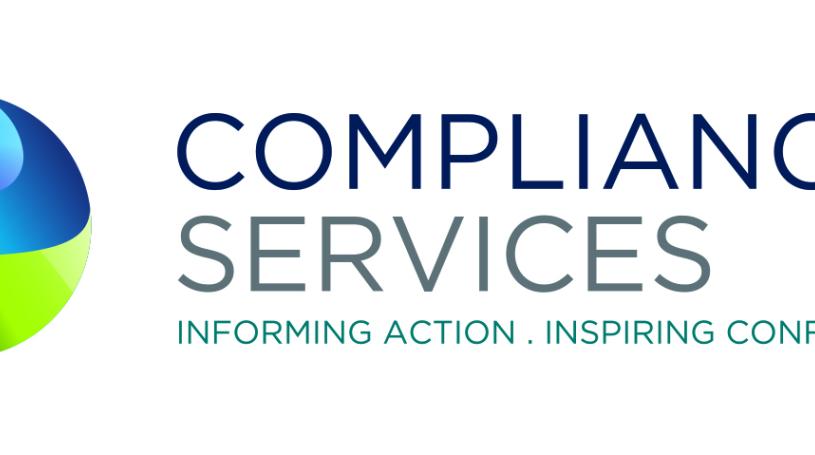A looser test criteria and potentially more naming and shaming: The OFSI updates its enforcement guidance
June 24, 2022
The Office of Financial Services Implementation (OFSI) has published an updated version of its enforcement and monetary penalty guidance which comes into force today, 15th June 2022. These updates are following measures taken by the UK government in the Economic Crime bill (the Economic Crime (Transparency and Enforcement) Act 2022 enacted as part of the United Kingdom’s response to Russia’s invasion of Ukraine) and may potentially mean more monetary penalties and more naming of those who have breached the rules. This article covers details of the changes and what they might possibly mean for firms or individuals that breach financial sanctions.
Changes to make it easier to impose penalties
The new changes grant The OFSI the power to impose strict civil monetary penalties for breaches of financial sanctions, occurring from 15th June 2022. What this basically means is, that in cases of a breach, the requirement for The OFSI to prove that a person had knowledge or reasonable cause to suspect that they were in breach of financial sanctions, will be removed. It is now easier for The OFSI to impose monetary penalties, as it only has to prove that a person has breached a prohibition, or failed to comply with an obligation, imposed by or under financial sanctions, as opposed to knowingly breaking it/them. It is worth noting however, that this amendment applies only to consideration of civil liability and that there is no equivalent change for criminal cases. The OFSI, in its assessment of whether a criminal offence has been committed under sanctions regulations, must continue to demonstrate that a person had knowledge or reasonable cause to suspect that they were in breach. In line with previous guidance, The OFSI will continue to assess how severe the overall breach is, as well as the conduct of the persons involved. The new factor to take into account is that any type of breach could bring firms within scope of enforcement action, since the amendment allows The OFSI to disregard expected knowledge of the person committing the breach. However, The OFSI continues to emphasise the importance of self-disclosure as a potential mitigating factor and stated that it will continue to take into account efforts to prevent sanctions breaches when deciding on any enforcement action.The publication of breaches
In addition to changes around monetary penalties, The OFSI now has the ability to publish details of financial sanctions breaches committed after 15th June 2022, where a monetary penalty has not been imposed. Previously, they were only able to do so where a monetary penalty had been imposed. Such OFSI publications will include:- the person, company or entity the penalty has been imposed upon;
- the summary facts of the case, including breach type; sanctions regime; the regulation broken; and whether there was voluntary disclosure;
- the aggregated GBP value of the transactions which are in breach of the regulations (where this can be identified);
- Compliance lessons The OFSI wishes to highlight in this case, to help others avoid committing a similar breach; and
- other information required to give a true understanding of the case and OFSI’s consideration of it.

